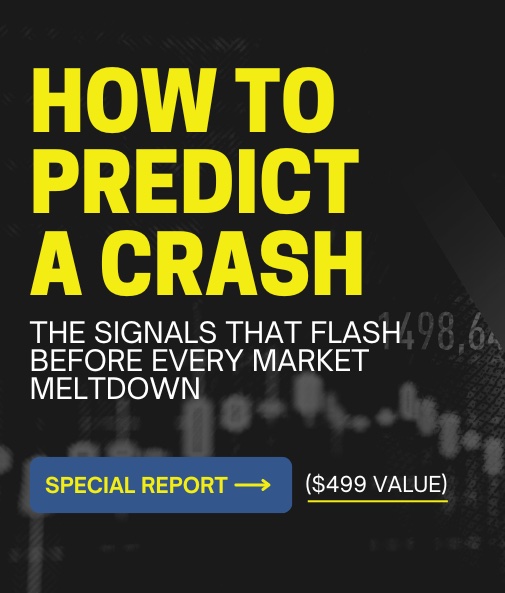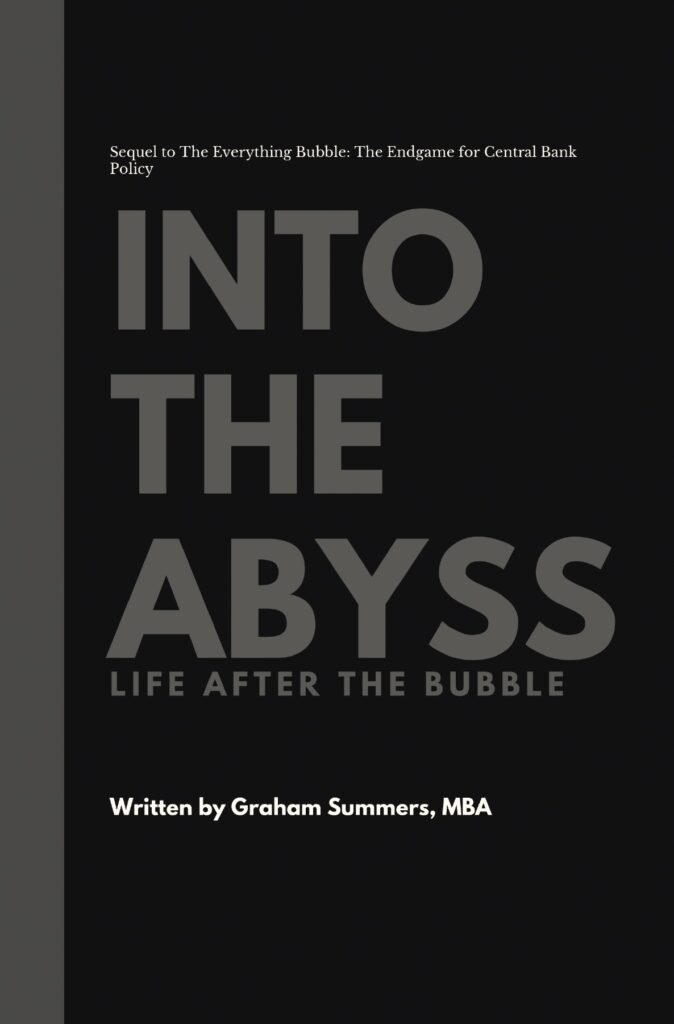The tension between Central Banks that we noted yesterday continues to worsen. This time it was China and the EU, not just Germany, that fired warning shots at the US Fed.
A senior Chinese official said on Friday that the United States should cut back on printing money to stimulate its economy if the world is to have confidence in the dollar.
Asked whether he was worried about the dollar, the chairman of China’s sovereign wealth fund, the China Investment Corporation, Jin Liqun, told the World Economic Forum in Davos: “I am a little bit worried.”
“There will be no winners in currency wars. But it is important for a central bank that the money goes to the right place,” Li said.
Speaking at the same session, French Finance Minister Pierre Moscovici voiced concern that the euro was becoming overvalued as a result of quantitative easing and other stimulus actions taken by other nations’ central banks.
“Certainly, the level of the euro is high and creates some problem,” he said, attributing the single currency’s recent gains partly to the return of confidence created by the European Central Bank and euro zone governments in starting to overcome Europe’s debt crisis.
http://www.reuters.com/article/2013/01/25/us-davos-currencies-idUSBRE90O10620130125
So first Germany begins pulling its Gold reserves from the US, and now China and the EU are saying publicly that the Fed’s policies are damaging confidence in the US Dollar.
This does not bode well for the financial system. The primary role of Central Banks is to maintain confidence in the system. If the Central Banks begin to turn on one another it is only a matter of time before the system breaks down.
Remember, every time the Fed debases the US Dollar it forces the Euro and other currencies higher, hurting those countries’ exports. The Fed has recently announced it will be printing $85 billion every month until employment reaches 6.5% (obviously the Fed is ignoring the mountains of data that indicate QE doesn’t create jobs).
How long will the other Central Banks tolerate this before they initiate a currency war? Both Germany and China have fired warning shots at the Fed. And we all know that just beneath the veneer of goodwill, tensions are building between the primary players of the global financial system. More importantly, how can investors profit from this? Remember, entire fortunes can be made during times of crises.
This is precisely the sort of “unquantifiable” investment analysis we specialize in with our Private Wealth Advisory newsletter.
With most of the markets dominated by computer programs and Wall Street sharks, the only way to make serious money is by focusing on the opportunities and risks that no computer or group-think Wall Streeter can come up with. If you can do this, you can still making a killing in the markets.
We’re speaking from experience here.
By focusing on investment ideas and portfolio risks that are “unquantifiable” we’ve shown Private Wealth Advisory a success rate of OVER 80% on our investments.
Put another way, we’ve made money on more than eight out of ten investments. This includes a 74 trade-winning streak (from July 2011-July 2012 we didn’t close a single losing trade).
And this is not some flash in the pan either… Private Wealth Advisory has a history of beating the market and locking in serious gains when others are losing their shirts (we saw a 7% gain in 2008 when the markets fell over 30%)
Indeed, I’m so confident in this newsletter that it comes with a 30-day refund period. If you’re not totally satisfied with Private Wealth Advisory in the first month, simply drop us a line and we’ll refund every cent of your subscription.
You’ll have full access to the Private Wealth Advisory archives in that time. You’ll also receive two new hot off the press issues and very likely several trade signals (it’s getting close to time to close out our 7th and 8th straight winners).
To find out more about Private Wealth Advisory and how it can help you beat Wall Street and the market…
Phoenix Capital Research




